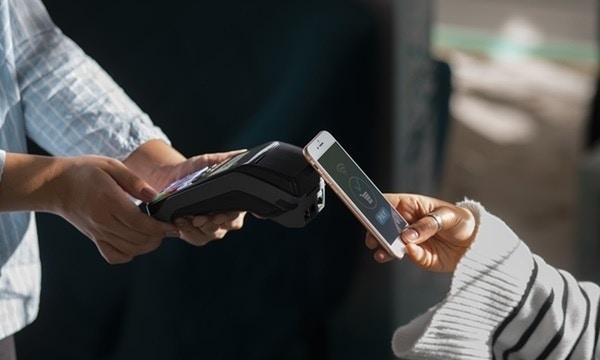Video
Section CTA

Private 5G: Turning possibility into performance
In conversation with Gurpreet Singh Kohli, Executive VP and Global Business Head, Telco and Enterprise Networks
Watch video
The future of payments: Instant, transparent and borderless
Mick Fennell, Business Line Director, Payments at Temenos, explored what seamless cross-border experiences require, why AI must be embedded and how banks, regulators and partners can move in step
Watch video
Reimagining Application Management with GenAI and Agentic AI
Kandasamy Ramanujam, SVP, Digital Business at HCLTech shares how GenAI and Agentic AI are shifting application management to proactive, experience-led and increasingly autonomous operations
Watch video
From projects to products: Reinventing IT models in life sciences and ...
Shrikanth Shetty, Chief Growth Officer and Global Head, Life Sciences and Healthcare at HCLTech, shares how shifting to a product-centric IT model is accelerating agility and AI adoption in healthcare
Watch video
HCLTech and AWS: Unlocking agentic intelligence
Prabhakar Appana, SVP and Global Head of AWS Business Unit Ecosystem at HCLTech, shares how AI is evolving from task automation to intelligent agents that behave like human collaborators
Watch video
Retail 5.0: Driving customer experience with AI-led operating models
As Retail 5.0 takes shape, AI-driven operating models are becoming the backbone of execution — powering everything from predictive logistics to real-time customer engagement
Watch videoPodcast
Section CTA
Subscribe to the HCLTech Newsletter
for our latest news and insights
Primary button

















